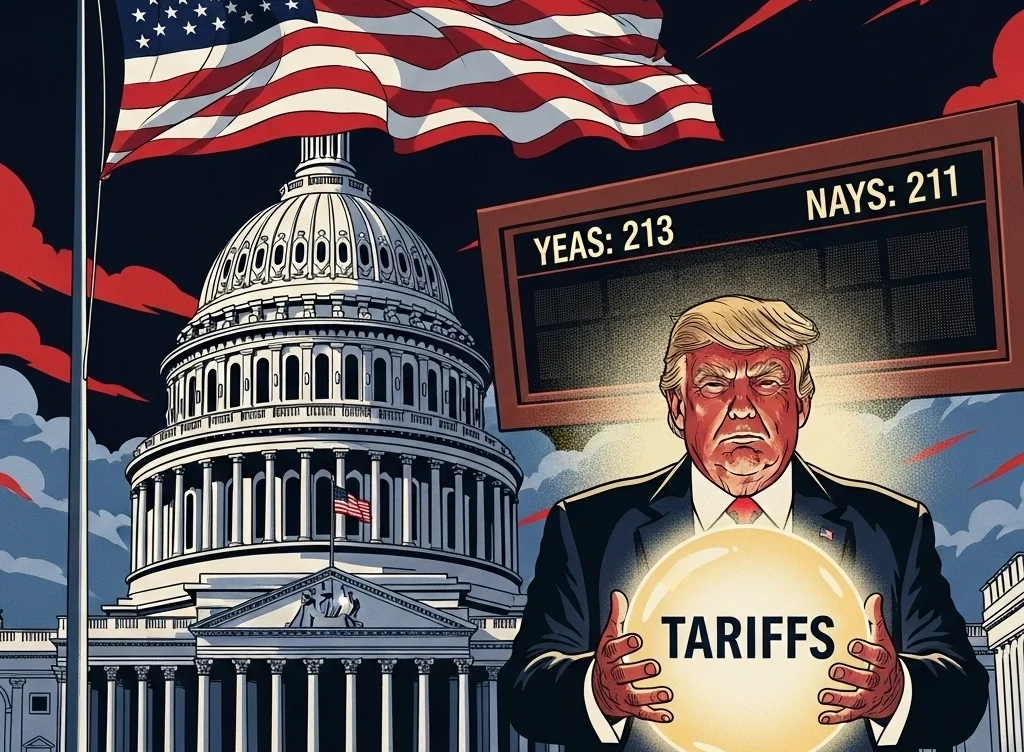
U.S. House Narrowly Backs Rule Expanding Trump’s Power on Tariffs
On September 16, 2025, the U.S. House of Representatives voted 213 to 211 to pass a procedural measure that could significantly affect global trade policy. While headlines suggest Congress has “handed tariff power to Trump,” the reality is more nuanced — yet equally important for businesses engaged in international trade.
What Happened?
The vote approved a House rules package that alters how Congress handles resolutions under the National Emergencies Act (NEA). This procedural change makes it harder for lawmakers to quickly challenge or overturn tariffs imposed by President Trump when justified under a declared “national emergency.”
In effect, the measure delays or blocks fast-track votes that could otherwise terminate such emergency-based tariff actions.
Why Does It Matter?
- Stronger Executive Power: Trump now has greater leverage to impose tariffs without facing immediate congressional pushback.
- Uncertainty for Businesses: Importers, exporters, and supply chain managers must navigate a more unpredictable trade environment, where tariff decisions rest more firmly with the White House.
- Legal Challenges Ahead: Courts are already reviewing whether the president’s use of emergency powers to impose tariffs aligns with U.S. law. The outcome could reshape the balance of power between Congress and the executive branch.
Global Impact
For international shippers and trade partners, the implications are significant:
- Europe on the Spot: With the U.S. hardening its trade stance, questions loom over whether the EU will follow suit against China.
- Supply Chain Adjustments: Companies may need to factor in sudden tariff changes when planning imports from China or exports to the U.S.
- Rising Costs: If additional tariffs are enacted, end buyers — especially in industries like furniture, consumer goods, and machinery — could face higher prices.
Key Takeaway for Importers and Exporters
This narrow vote underscores how political decisions in Washington can directly affect global trade flows. For businesses sourcing from China or exporting to the U.S., tariff risk management has become an essential part of logistics planning.
Zcyt Logistics continues to monitor developments in U.S. trade policy. We work with clients to build flexible solutions that minimize risk and optimize costs, even in uncertain tariff environments.
